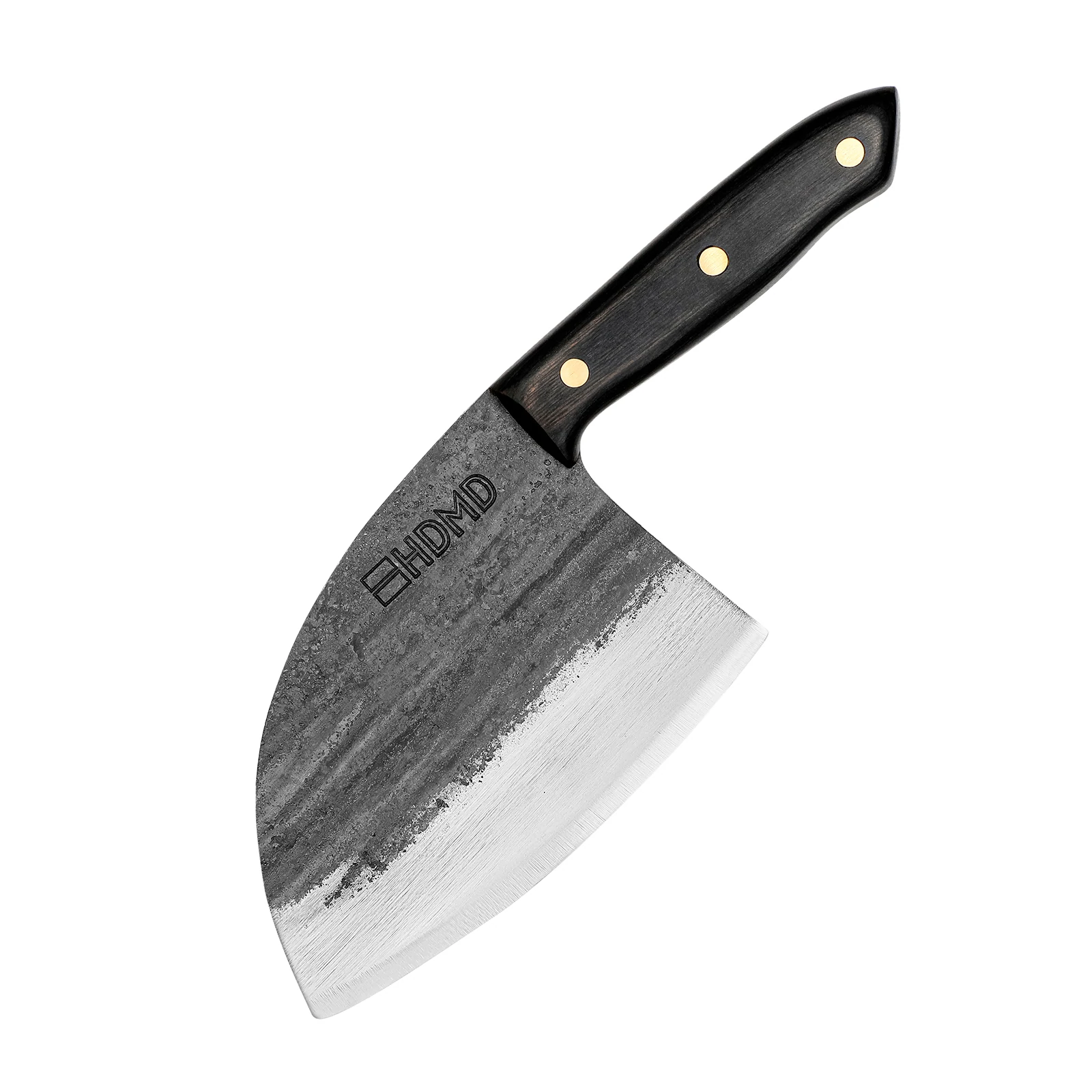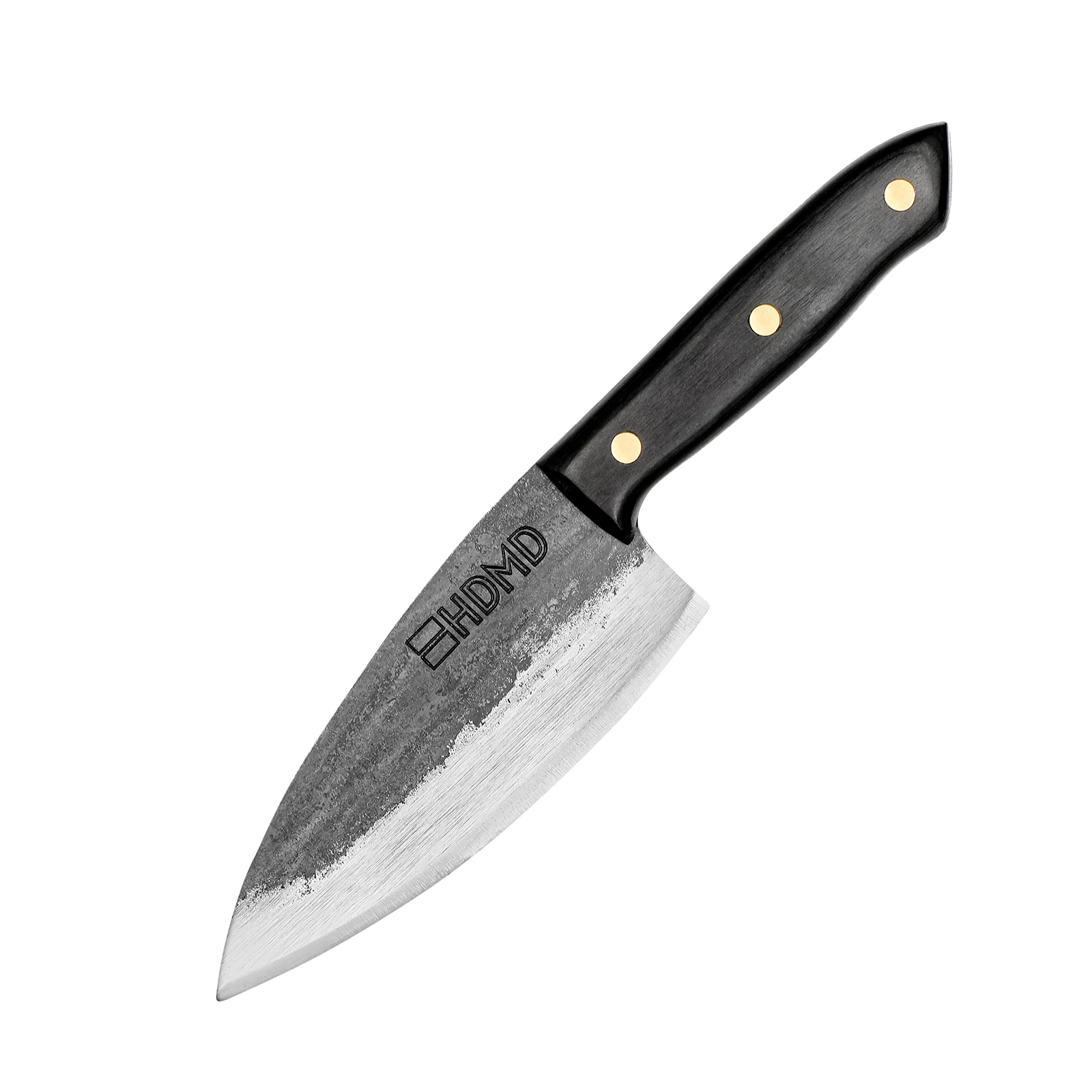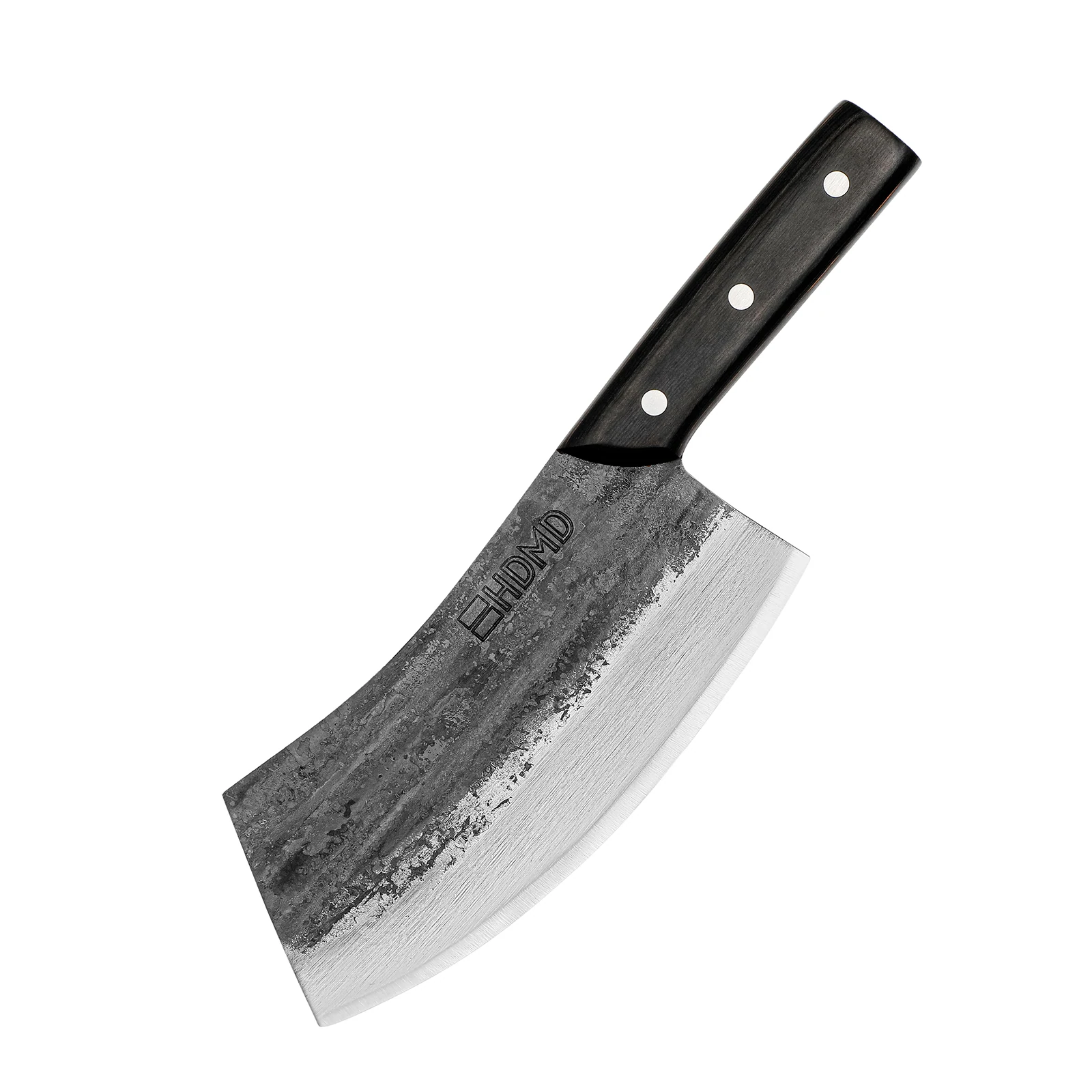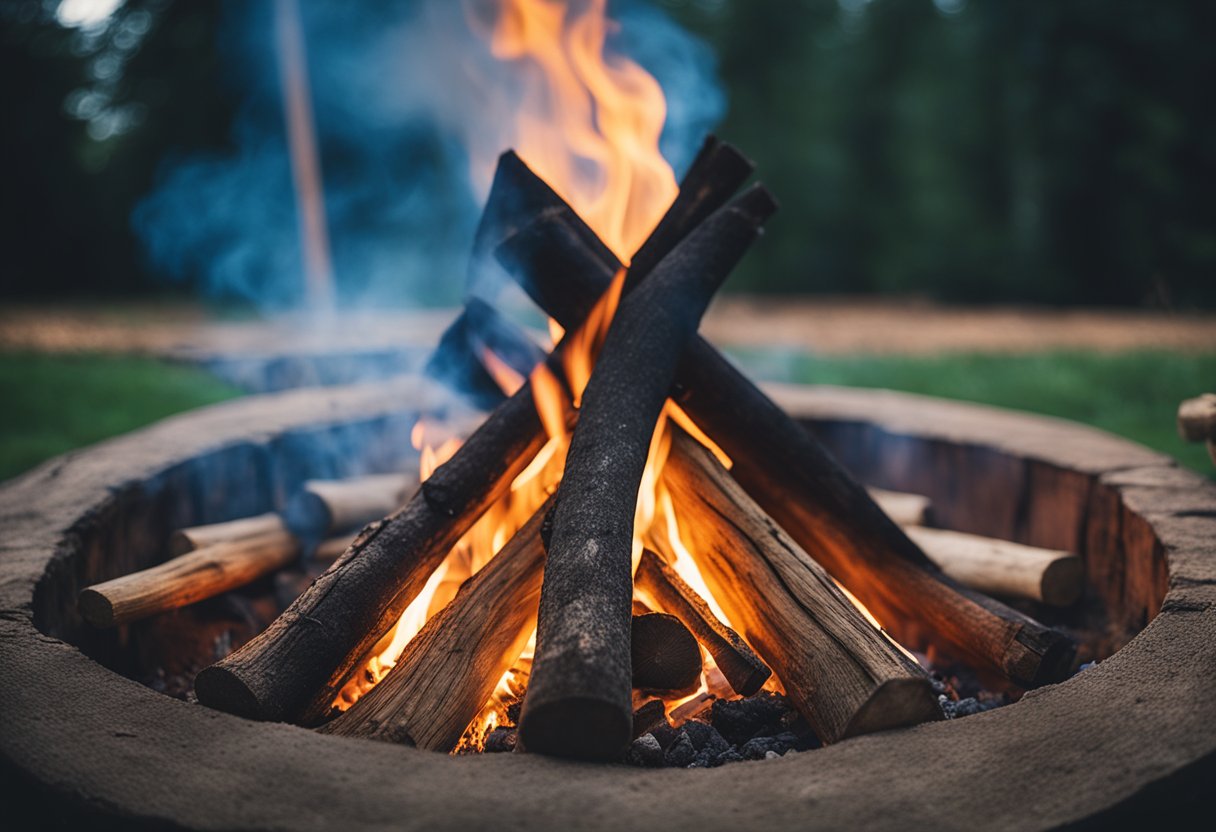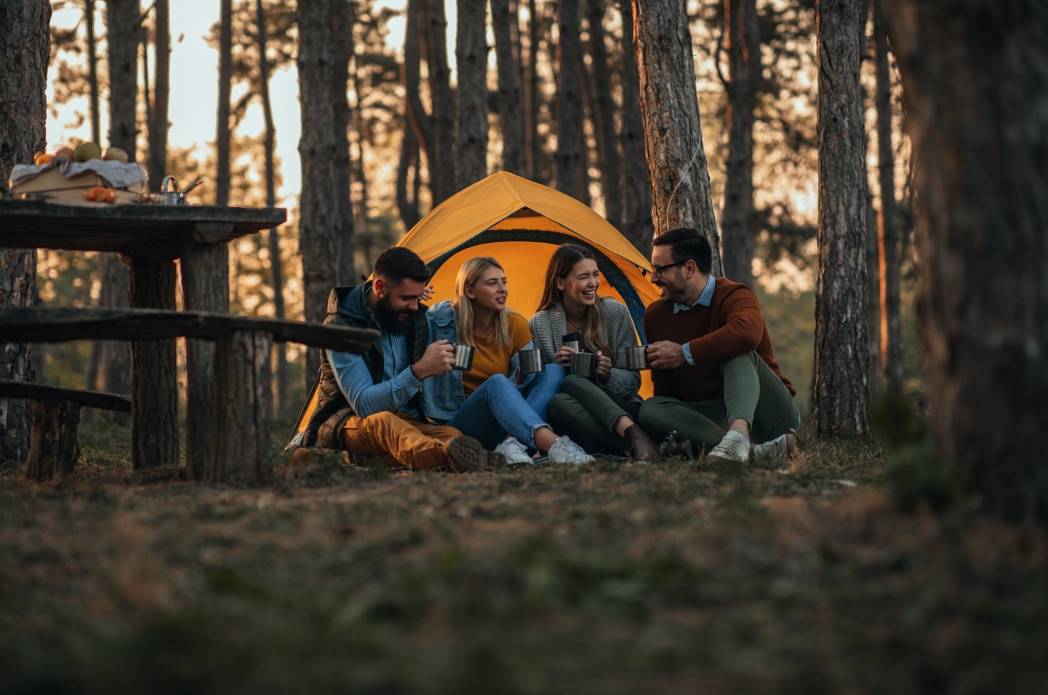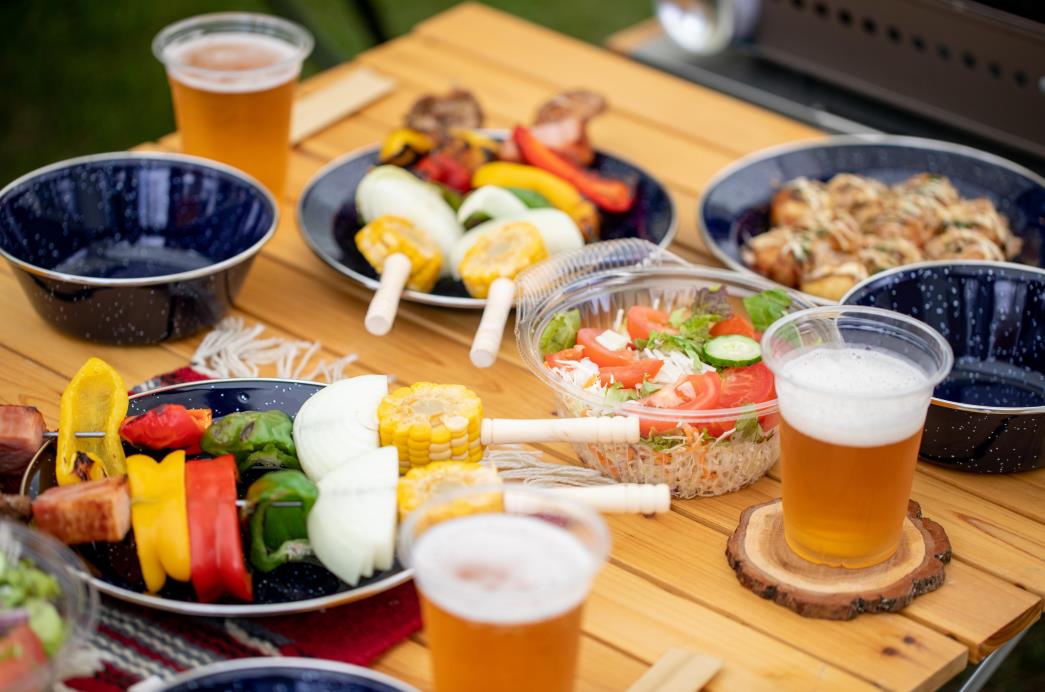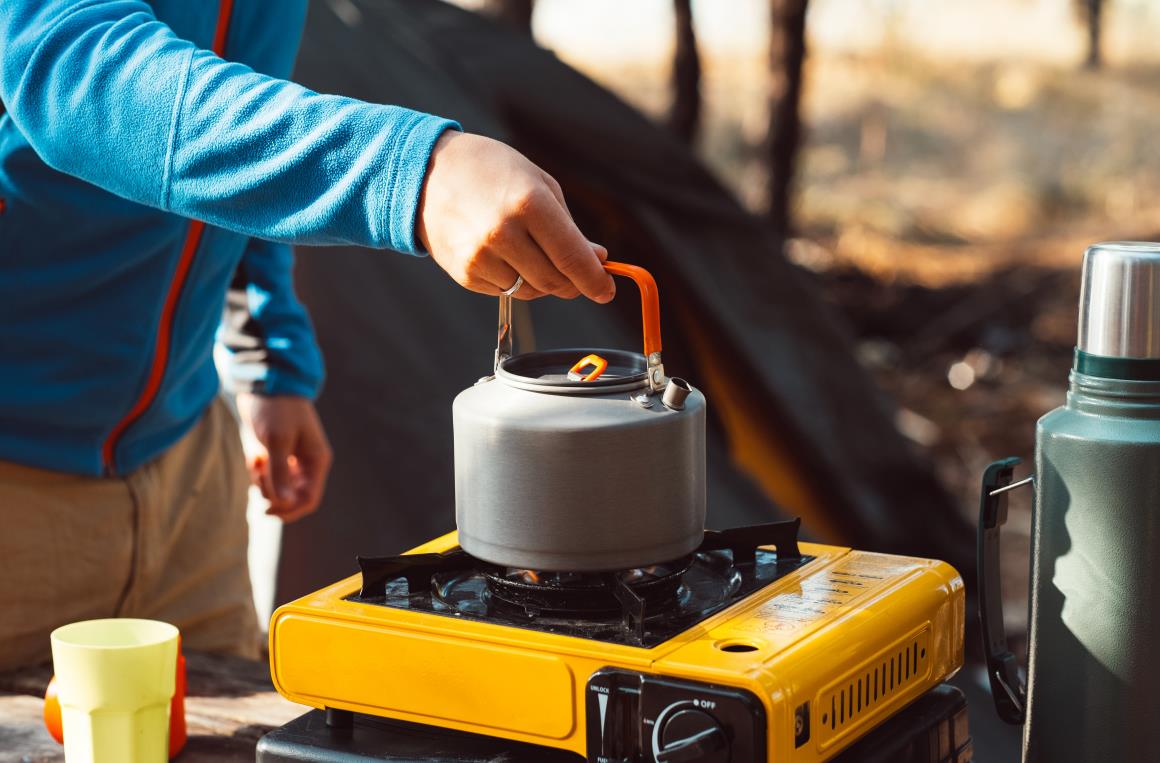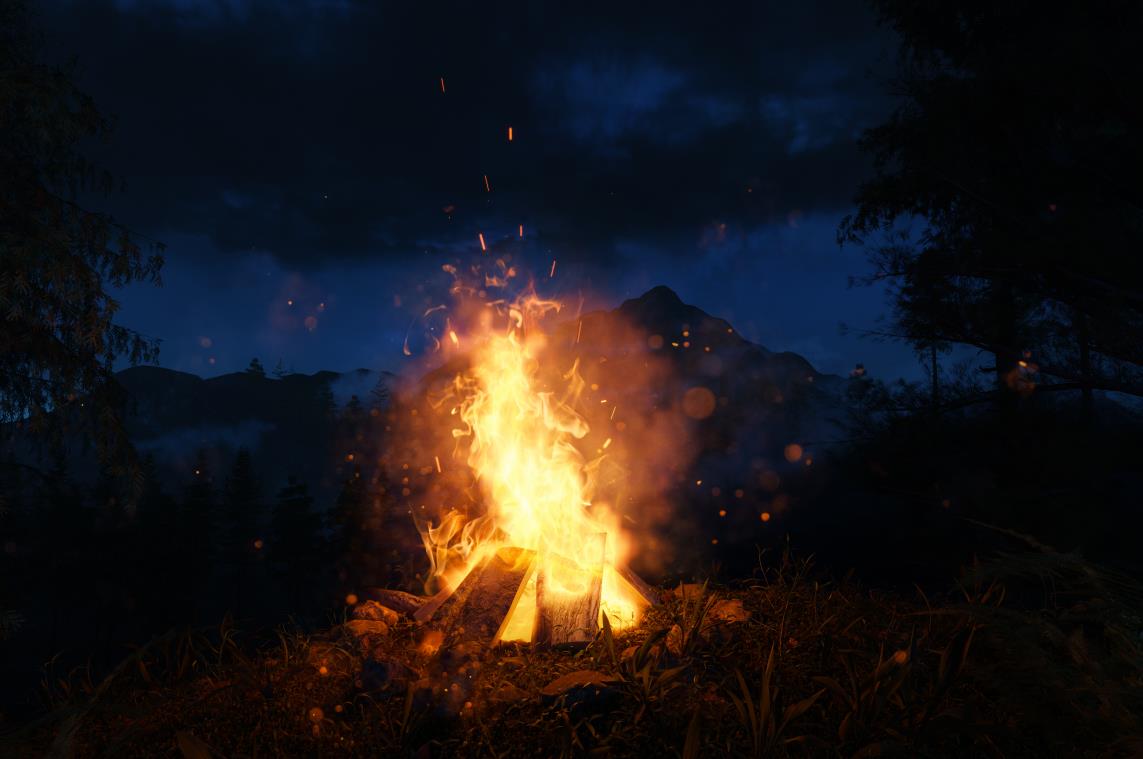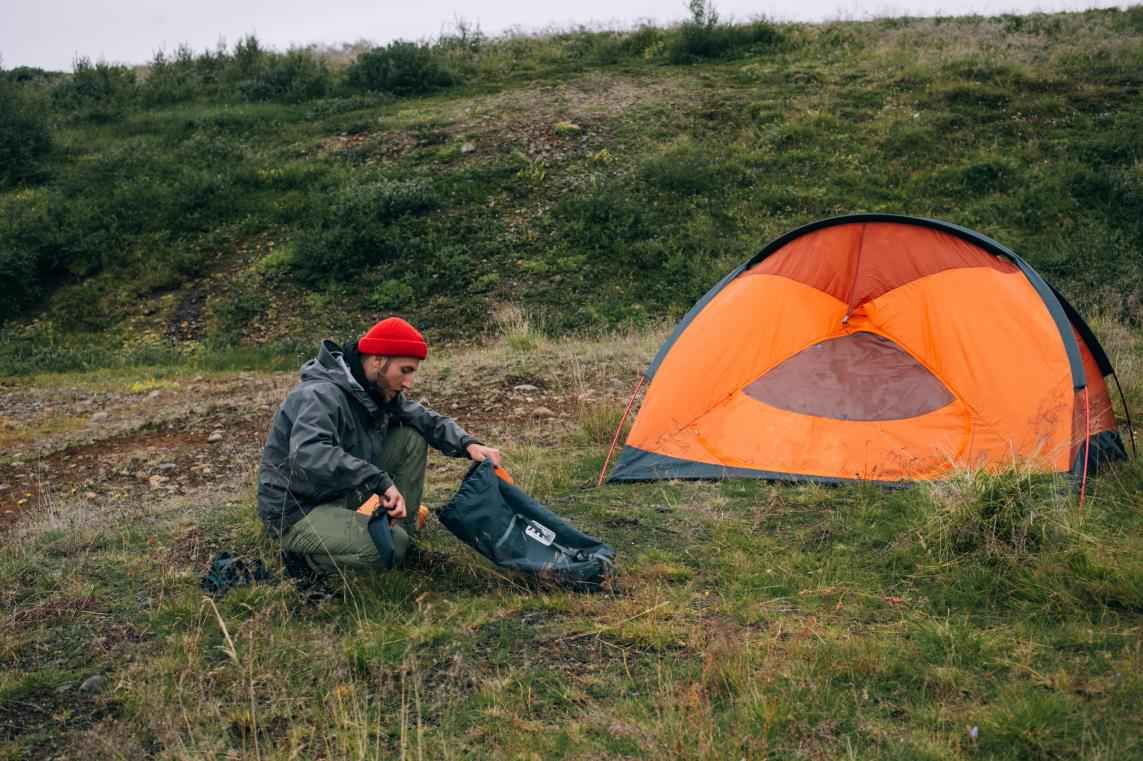As you douse yourself in the beauty of nature, the simplicity and tranquility of the great outdoors become a refreshing antidote to the demands of modern life. And what better way to lose oneself in this temporary retreat than a spontaneous one-night camping adventure? Whether you’re a seasoned outdoors enthusiast or a novice venturing into the wilderness for the first time, knowing what to bring camping for one night can make or break your experience.
An ideal overnight camping kit should include a tent, sleeping bag, sleeping mat or pad, camping stove and grill, and assorted cooking utensils (i.e., pots, pans, spatula, spoons, cutting boards). It’s also an excellent idea to bring personal care items like a first aid kit, mosquito repellent, bug spray, sunscreen, and a survival kit with a sharp knife, headlamp, and a lighter/firestarter. Other camping must-haves include extra clothing, batteries, navigation tools, and trash bags.
This article will discuss and expand on the essentials of a one-night camping trip, equipping you with the insights to make the most of your outdoor excursion. Read on.
Table of contents
Tips for one night camping: Planning and preparation
Planning and proper preparation are crucial to a successful and stress-free one-night camping trip. By organizing your adventure in advance, you can set yourself up for a memorable experience in nature.
Here are some tips to help you plan and prepare for your one-night camping excursion:
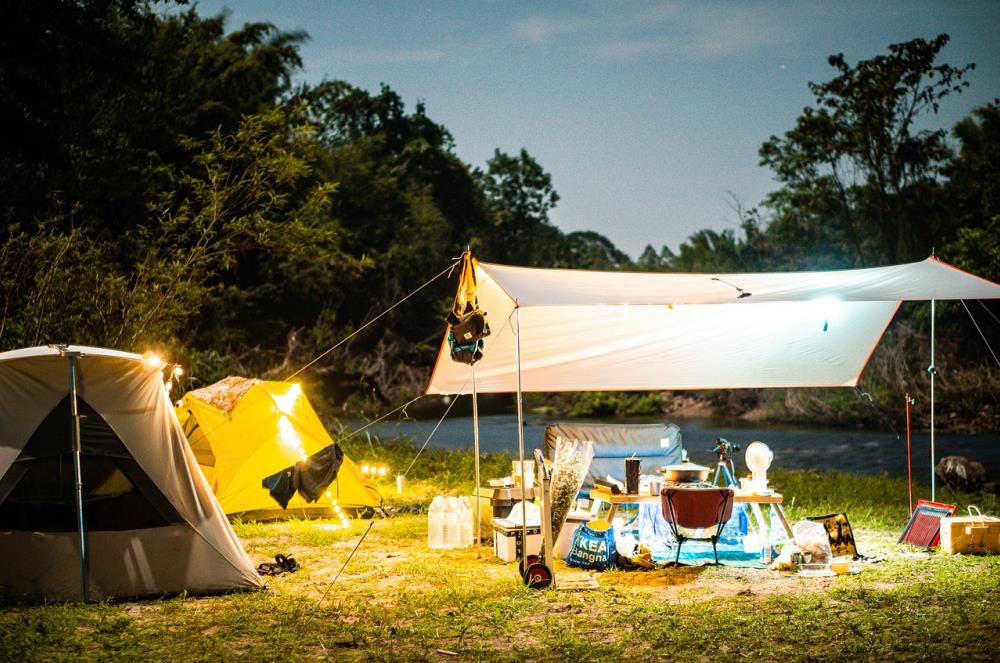
- Choose the right location: Research a campsite that suits your preferences and needs. Consider factors such as proximity to water sources, restroom facilities, and available amenities. National parks, state parks, and designated campgrounds are popular options with well-maintained facilities.
- Check the weather forecast: Stay updated on the weather conditions for your chosen camping date. Being in the know of what to expect will help you pack appropriate clothing, gear, and supplies. Be prepared for sudden weather changes; always bring extra layers and rain gear.
- Pack for comfort: While camping is an opportunity to get closer to nature, it doesn’t mean you have to sacrifice comfort. Pack a comfortable sleeping pad or air mattress to ensure a good night’s sleep. Bring extra layers and blankets to stay warm at night, as temperatures can drop significantly. Don’t forget essentials like insect repellent, sunscreen, and a hat to protect yourself from bugs and the sun.
- Test your gear beforehand: If you’re using new camping gear, it’s crucial to test it before your trip. Set up your tent, inflate your sleeping pad, and check that all equipment works. Doing so can address any issues or familiarize yourself with the gear before entering the wilderness.
- Pack appropriate food: For a one-night camping trip, keep your food options simple and easy to prepare. Pack non-perishable items like canned food, energy bars, or dehydrated meals. Don’t forget to bring a reliable cooking stove and utensils if you intend to cook meals at your campsite.
- Leave No Trace (LNT): Respect the environment and practice Leave No Trace principles. Pack out any trash, be mindful of your impact on nature, and follow established camping etiquette. Leave the campsite as you found it, preserving the beauty of the outdoors for future campers.
- Leave room for spontaneity: While planning is important, allow room for spontaneity and unexpected adventures. Leave some free time in your trip plan to explore the surroundings, go for a hike, or relax and enjoy nature. Sometimes the most unforgettable experiences are those that happen spontaneously, so embrace the spirit of adventure and go with the flow.
Camping checklist for one night
The main difference between camping for a long time and night-long camping is that with the latter, you don’t have to bring a lot of items. Since you’ll spend a relatively short period outdoors, reduce the number of items and tools you bring, focusing on the essentials for a comfortable night. This means you can pack lighter, carry less food, and have a simplified checklist.
Here’s a checklist of items to bring to your night-long camp trip.
Tent
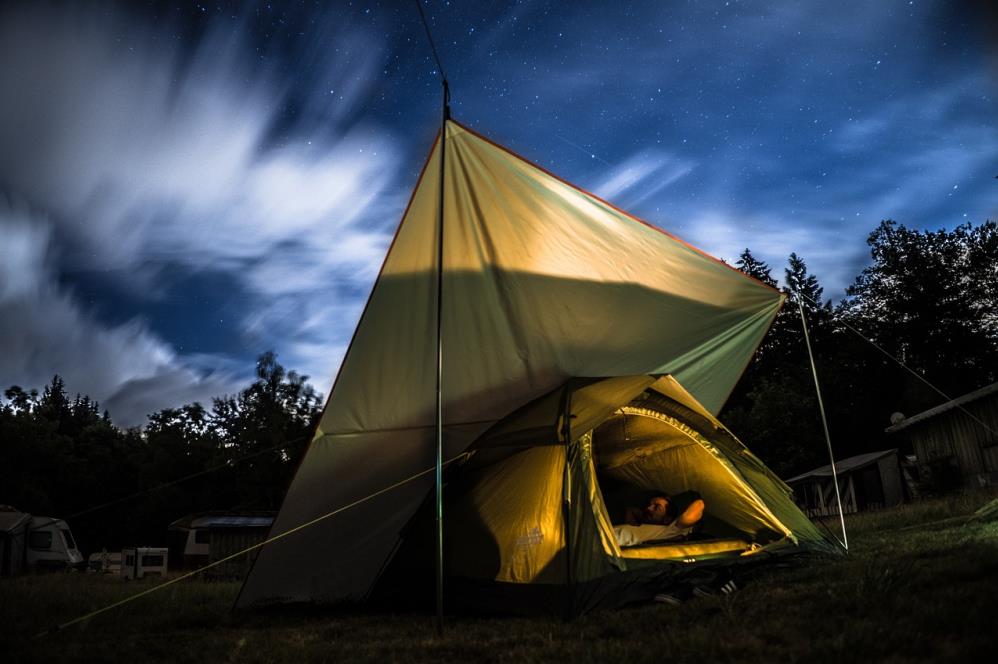
A tent is an important piece of equipment when camping overnight. It provides shelter from the elements and offers privacy and security during your camping experience. When choosing a tent, consider the number of people it needs to accommodate, the season and weather conditions, and the ease of setup.
Look for a tent with sturdy construction, waterproof materials, and proper ventilation. Additionally, check the size and weight of the tent, as it should be easy to carry and transport. If you prefer a lighter alternative to traditional tents, you may consider hammocks or bivvy sacks, which are compact and lightweight but may offer less protection from the elements.
Clothing
Proper clothing is crucial for camping, especially considering potential changes in weather conditions. We recommend dressing in layers, allowing you to adjust your clothing to suit the temperature.
Bring a base layer that wicks away moisture, an insulating layer to maintain warmth, and an outer layer to protect you from wind and rain. Pack extra socks, underwear, and a hat and gloves if needed. It’s essential to be prepared for warm and cold weather, even if you only camp for one night.
Sleeping mat/pad
A sleeping mat helps to create a barrier against the cold, hard surface and provides comfort for a better night’s sleep. Sleeping mats come in various thicknesses and materials, such as foam, self-inflating, or air mattresses.
Choose a mat that suits your comfort preferences and the terrain you will be camping on. If you don’t have a sleeping mat, a thick blanket or extra layers of clothing underneath can provide some insulation, but it may be less comfortable.
Mosquito repellent and bug spray
Insects can be a nuisance when camping, particularly in areas with high mosquito populations. Mosquito repellent, mosquito nets, and bug sprays are essential for keeping insects at bay and protecting yourself from insect-borne diseases. Choose a mosquito repellent with DEET or other effective ingredients and apply it to exposed skin.
Consider bringing a mosquito net to hang over your sleeping area for protection. Bug sprays can also be used to repel other insects like ticks and flies. Alternative methods of repelling insects include wearing long-sleeved clothing and using natural repellents like citronella candles.
Assorted cooking utensils
Proper cooking utensils are vital for preparing meals and enjoying the camping experience. Essential cooking utensils include pots and pans, spoons and spatulas, plates, bowls, and cups. Choose lightweight and durable options that are suitable for outdoor use.
Alternatively, you can opt for disposable utensils and plates to minimize cleanup. You can also bring a cooler or airtight containers to store perishable food items. We also have camping cookware sets that include all the necessary utensils in a compact package, which can be convenient for one-night camping trips.
Best Camping Kitchen Knives
True cutting power in the palm of your hand
Camping stove and grill
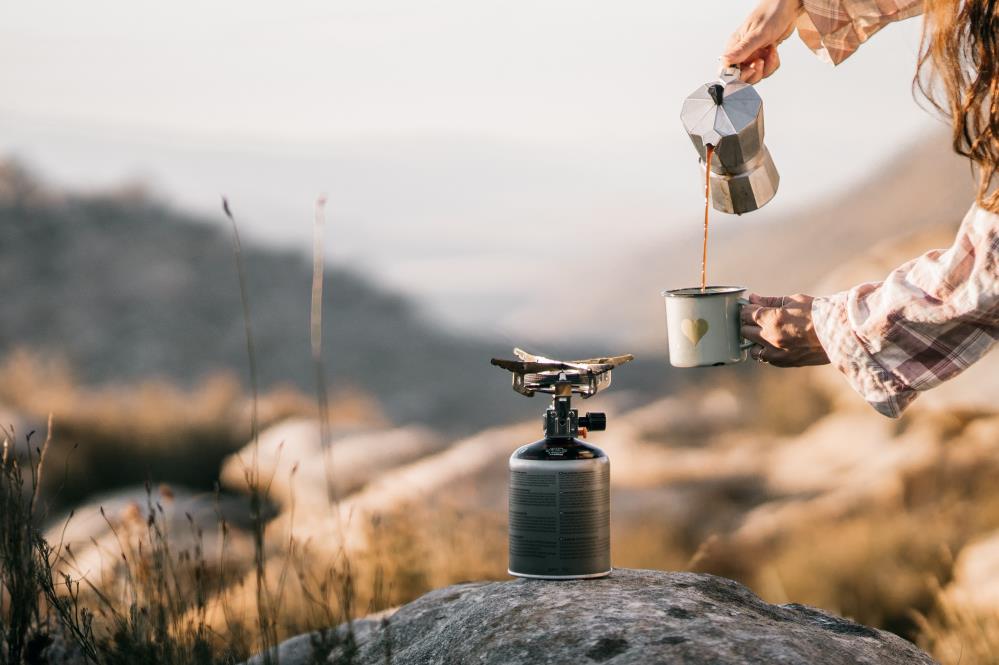
You’ll need a source of heat to cook your meals at camp. Camping stoves and grills are available for this use case. These tools provide a reliable heat source for boiling water, cooking food, and making hot drinks. When choosing a kitchen camping stove, consider the fuel it uses (e.g., propane, butane, liquid fuel) and the number of burners you need.
Portable grills are great for cooking meats and vegetables, providing a campfire-like experience without needing a full-sized fire pit. Some camping stoves even come with built-in grills. If you prefer to cook over an open fire, check the regulations and availability of firewood at your campsite.
Meals ready to eat (MREs)
MREs are pre-packaged, self-contained meals for outdoor activities, including camping. While MREs are typically designed for situations where access to traditional cooking methods or fresh food is limited, you can also bring them on a night-long camping expedition. These meals are convenient and require no additional cooking or preparation.
Each MRE meal contains a main course, side dishes, snacks, desserts, and additional items like condiments, beverages, and utensils. They last long, and you can eat them hot or cold. MREs are a practical option for those who don’t want to spend time cooking or carrying cooking equipment.
Survival kit
A camping survival kit typically includes essential items and tools to help you navigate and survive in outdoor environments. While the specific contents can vary depending on personal preferences, the basic ones ideal for one-night camping include fire-starting tools, a first aid kit, a repair kit, camp lights, and navigation tools.
These items can be crucial in emergencies and provide necessities while camping. Other valuable tools may include a rope, duct tape, and a small shovel for digging fire pits. You can also bring a multi-tool or a sharp knife.
Other camping tools to bring
Here are some additional camping tools and equipment you may want to bring for your one-night camping trip:
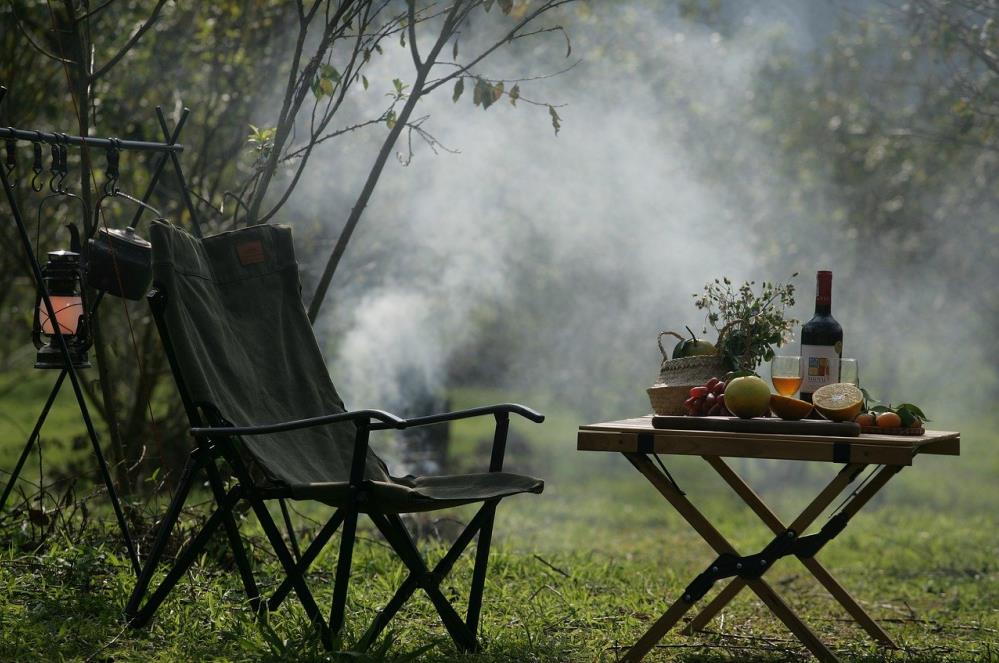
- Water and hydration system: Bring an adequate water supply for drinking and cooking. Use reusable water bottles or hydration packs to stay hydrated throughout your camping trip.
- Camping chairs or portable seating: Having a comfortable place to sit and relax around the campsite can make your camping experience more enjoyable. Consider bringing foldable camping chairs or lightweight, portable seating options.
- Camping table: If you plan on cooking and dining at your campsite, a portable camping table can be helpful for meal preparation and enjoying your food comfortably.
- Entertainment: Consider bringing items for entertainment during downtime, such as a deck of cards, a musical instrument, a book, or outdoor games like frisbee or a ball.
- Rain gear: Bring a waterproof jacket, poncho, and rain pants, especially if there’s a chance of rain in the forecast. Staying dry is crucial for your comfort and well-being.
Wrapping up
A one-night camping trip can provide a refreshing escape from the demands of everyday life. By carefully planning and preparing for your adventure, you can ensure a memorable and enjoyable experience. From choosing the right location and checking the weather forecast to packing essential items such as a tent, sleeping bag, cooking utensils, and personal care items, each step contributes to a successful camping excursion.
Among the tools you’ll need is a camping knife. Check out our collection of high-quality handmade knives from the HDMD store. And if you want more information about camping, our HDMD blog has all you need.

